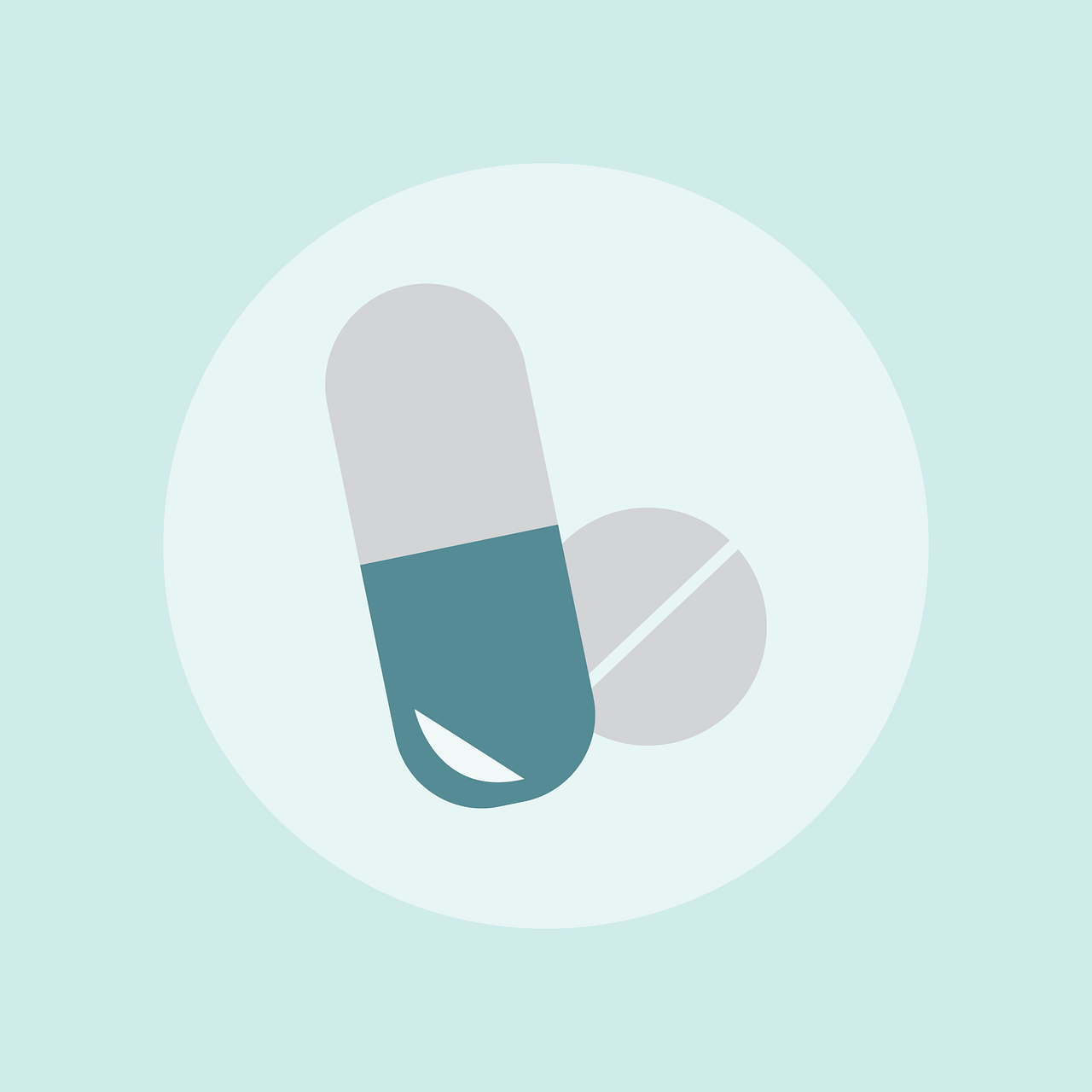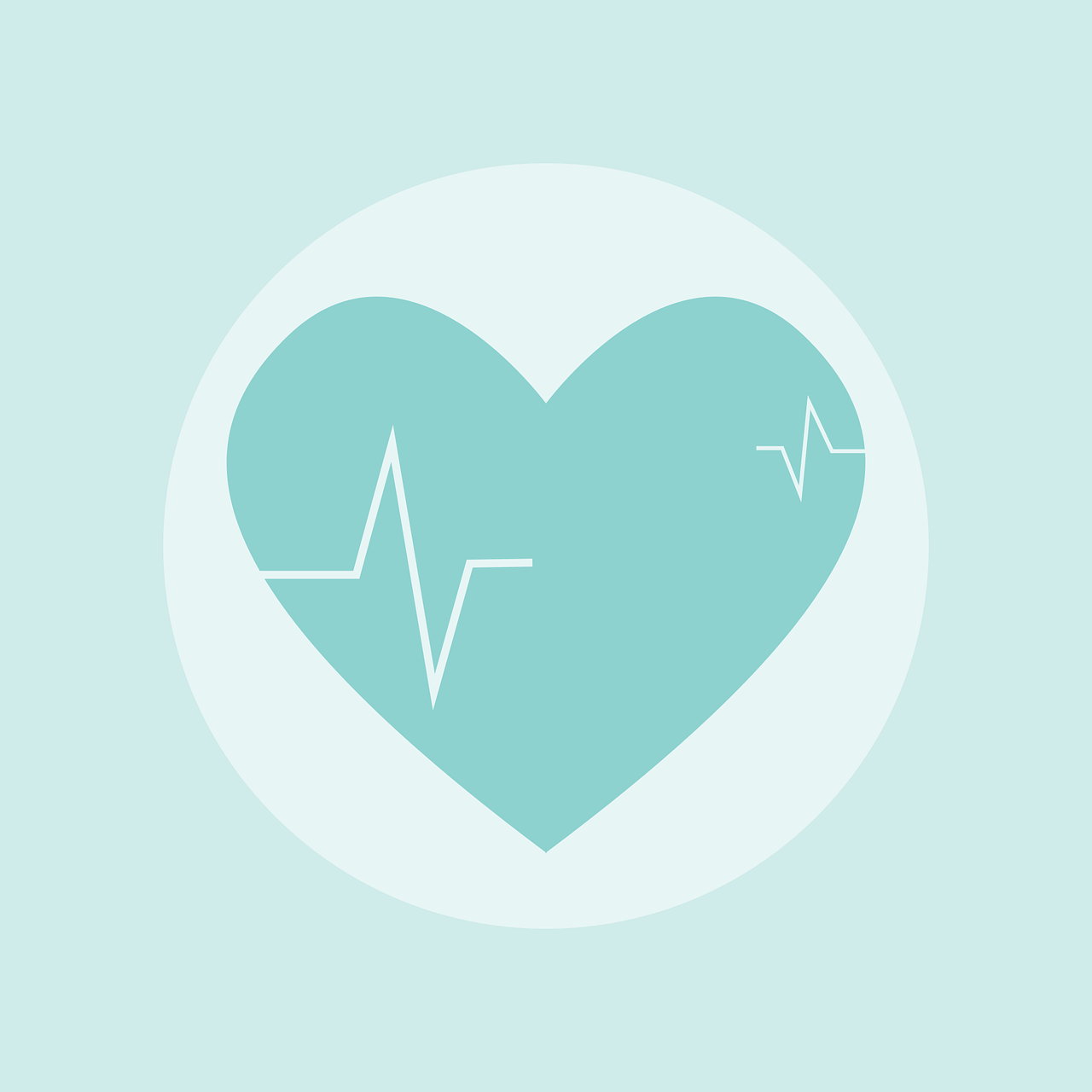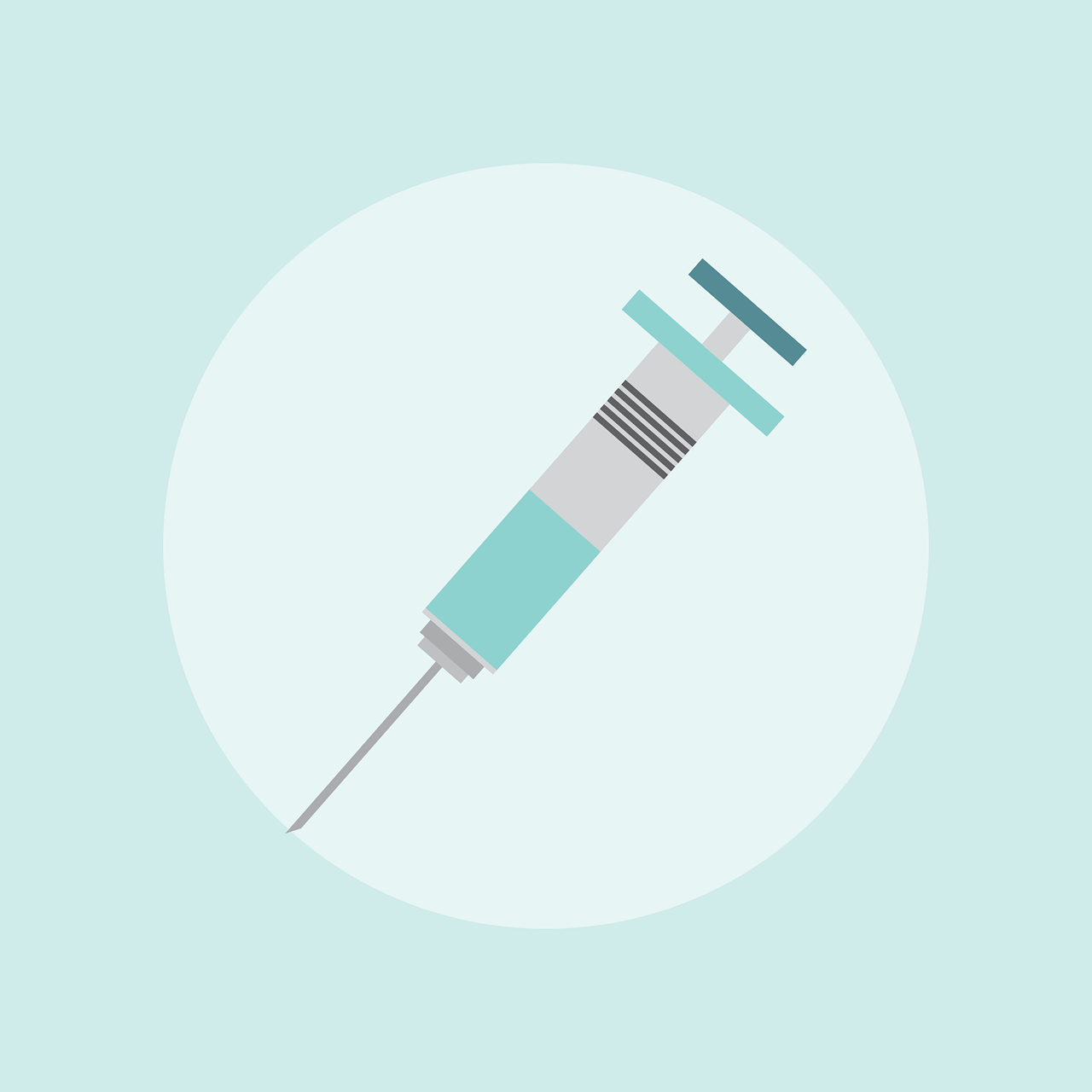CAM
Know the Limits of Holistic Care
Holistic care treats the whole person: mind, body, and spirit. That typically means a combination of traditional and what your doctor might call complementary medicine. For instance, a holistic way to treat cancer could include chemotherapy and acupuncture.
Medical treatments like chemo and radiation are proven to fight the disease, but their side effects can be hard to live with. A holistic treatment may help ease some of these problems and improve your well-being, too.
However, holistic care has its limits. And it can harm you if you give up mainstream medicine for alternative treatments.
What Can It Do For You?
More than a third of adults use a treatment outside of mainstream medicine. These won’t cure cancer, but they might improve your quality of life. You might try some science-backed ways to relieve side effects.
Acupuncture: A trained therapist inserts very fine needles into your skin at specific points. It may ease your pain and nausea. If you’re getting radiation for head or neck cancers, it could help with dry mouth.
Mind-body techniques: Research shows your mental state can affect your health. Techniques like meditation, hypnosis, and guided imagery can help you relax and focus on something besides your pain. They may also ease medication side effects.
Exercise: Gentle movement can help relieve extreme tiredness and stress, and help you sleep better. Studies suggest a regular exercise program may even help people with cancer live longer.
Nutrition care: A registered dietitian can talk to you about the foods you need to prevent or treat nutrition problems, manage treatment side effects, help your body fight infection, and more.
Are There Risks?
Some people confuse holistic care with alternative care, using unproven remedies instead of standard treatments like chemotherapy, radiation, and surgery. Don’t go this route. Skipping standard treatments is risky.
While they can cause unpleasant and even serious side effects, these are proven ways to treat cancer. When you avoid, delay, or interrupt mainstream medical treatments, you give the disease more time to grow. Your cancer might reach a stage where it can no longer be cured.
There are other problems with holistic care: Some methods are simply bad for you, despite impressive health claims. Diets that claim to cure cancer are unproven, expensive, and potentially harmful. Certain supplements, like antioxidants and St. John’s wort, can stop your cancer treatment from working like it should.
How to Choose Holistic Care
If you’re considering a diet, treatment, or supplement that isn't mainstream, tell your doctor. He knows your condition and what medicines you take. This is the best way to make sure you stay safe.
Just because something is labeled natural doesn’t mean it’s good for you. Keep these questions in mind as you research options:
• Does the treatment claim to cure cancer? (Steer clear of any that do.)
• Do doctors or cancer care experts recommend the treatment?
• Has it been proven in human studies?
• Is the method widely used? (If it works and it’s safe, it should be.)
• What are the potential side effects and drug interactions?
How to Talk to Your Doctor
You may not want to talk to your doctor about trying holistic methods. But it’s important that you do. After all, he needs to know what you’re putting into your body. He may even be able to recommend you to a complementary and alternative medicine (CAM) practitioner who's trained to help people who have cancer.
Follow these tips to get the conversation started:
• Bring a list of questions about holistic treatments you want to try. Ask your doctor to help you make healthy and safe choices.
• Bring information about a treatment you want to try. Make sure it’s from a respected source, like a medical journal or government-sponsored health website.
• Tell your doctor if you want to delay or skip your regular treatment, and ask about pros and cons. The choice is yours to make, but keep an open mind.
• If side effects are a problem, tell your doctor that improving them is a high priority for you. Ask if he knows about a nondrug therapy that can help.
• Ask him to tell you which products and practices are based on false or unproven claims.
Click here for Download pdf of patient information
Click here for Download pdf of prescribing information



